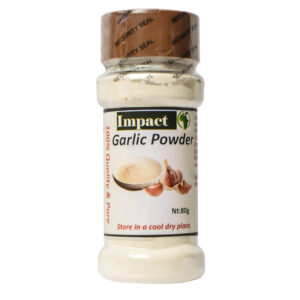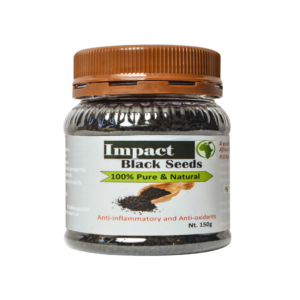Description
Cayenne pepper, also known as red pepper or Capsicum annuum, is a type of chili pepper that is widely used in cooking and traditional medicine. It is named after the city of Cayenne in French Guiana and is native to Central and South America but is now cultivated worldwide. Here are some key aspects of cayenne pepper:
- Spicy Flavor: Cayenne pepper is known for its spicy, pungent flavor and intense heat. It contains a compound called capsaicin, which is responsible for the heat sensation when consumed. The level of heat can vary depending on the variety of cayenne pepper and its processing.
- Nutritional Content: Cayenne pepper is low in calories but rich in essential nutrients. It contains vitamins A, C, and E, as well as several B vitamins, including vitamin B6 and folate. Cayenne pepper is also a good source of minerals such as potassium, manganese, and magnesium.
- Digestive Health: Cayenne pepper has been used in traditional medicine to support digestive health. The capsaicin in cayenne pepper helps stimulate digestion by increasing saliva production and stimulating gastric juices. This can aid in the breakdown of food and enhance nutrient absorption. Cayenne pepper may also help alleviate symptoms of indigestion, bloating, and gas.
- Metabolism and Weight Loss: Capsaicin has been shown to increase metabolism and promote fat burning. It does this by raising the body’s core temperature and increasing thermogenesis, which is the process of converting calories into heat energy. Consuming cayenne pepper may help boost metabolism and support weight loss efforts when combined with a healthy diet and regular exercise.
- Heart Health: Cayenne pepper may have cardiovascular benefits due to its ability to improve circulation and lower blood pressure. Capsaicin helps dilate blood vessels and improve blood flow, which can reduce the risk of hypertension and cardiovascular disease. Additionally, cayenne pepper may help lower LDL (bad) cholesterol levels and prevent the formation of blood clots.
- Pain Relief: Topical applications of cayenne pepper, such as creams and ointments, are used to alleviate pain and inflammation. Capsaicin has analgesic properties that help block pain signals in the body, providing temporary relief from conditions such as arthritis, muscle aches, and neuropathic pain. Capsaicin creams are commonly used as a natural remedy for pain relief.
- Anti-inflammatory Effects: Capsaicin has anti-inflammatory properties that may help reduce inflammation in the body. Chronic inflammation is linked to various health conditions, including arthritis, diabetes, and cardiovascular disease. Consuming cayenne pepper may help lower levels of inflammatory markers and alleviate symptoms of inflammation.
- Digestive Aid: Cayenne pepper is believed to stimulate the production of saliva and gastric juices, which aids digestion. It may also help prevent gas and bloating by promoting peristalsis, the movement of food through the digestive tract.
- Antioxidant Properties: Cayenne pepper contains antioxidants such as vitamin C and carotenoids, which help neutralize free radicals and protect cells from damage. Antioxidants play a role in reducing the risk of chronic diseases and supporting overall health.
- Culinary Uses: Cayenne pepper is a versatile spice that can be used in a wide variety of savory dishes, including soups, stews, sauces, marinades, and rubs. It adds heat and depth of flavor to recipes and pairs well with other spices and herbs. Cayenne pepper can also be used to make spicy condiments, such as hot sauce and chili paste.
Overall, cayenne pepper is not only a popular culinary spice but also a functional food with potential health benefits. Whether used to add flavor to dishes or promote digestive health, cayenne pepper can be a valuable addition to a balanced diet. As with any spicy food, it’s important to consume cayenne pepper in moderation, especially for individuals with sensitive stomachs or gastrointestinal conditions.






Reviews
There are no reviews yet.